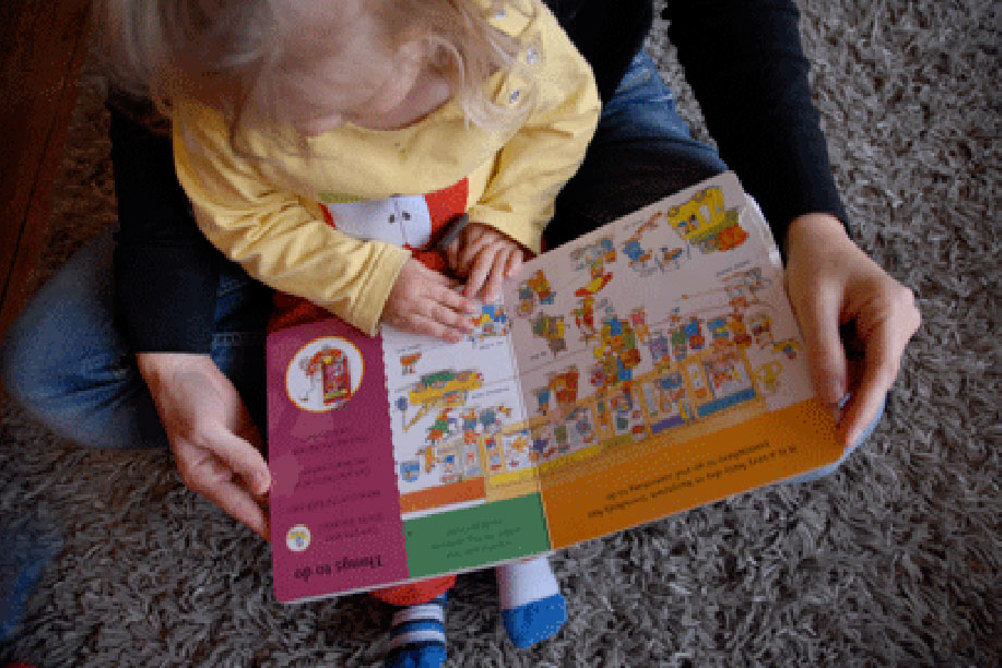
Researchers from the University of Sussex created nine storybooks which contained made-up words for two pairs of unfamiliar objects, for example- a 'sprock', a term used to describe a hand-held device for mixing food. Each book contained drawings of the new objects.
Storybook plots focused on the everyday activities of one family with either the brother or sister as the main character.
The storybooks were read to 16 three-year-olds over the course of a week. One group were read three different stories with the same new words, while another heard only one of the stories with the same new words.
Children were then tested to see if they could remember the objects referred to in the stories. Children who had heard just one story were much better at recalling and remembering the new words than those who had been exposed to three different stories.
The authors say that the findings suggest that reading children stories multiple times in succession has a dramatic beneficial effect on vocabulary learning.
Register now to continue reading
Thank you for visiting Nursery World and making use of our archive of more than 35,000 expert features, subject guides, case studies and policy updates. Why not register today and enjoy the following great benefits:
What's included
-
Free access to 4 subscriber-only articles per month
-
Unlimited access to news and opinion
-
Email newsletter providing activity ideas, best practice and breaking news
Already have an account? Sign in here
